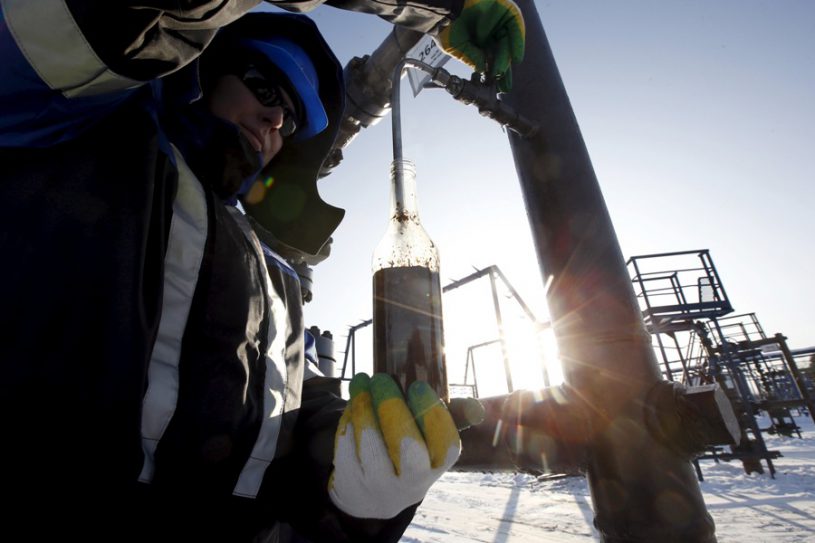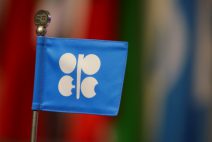Russia has announced new voluntary cuts to its oil supply, primarily in the form of production cuts rather than export reductions, in response to the reduction in its refining capacity and the tightening of sanctions, according to analysts.
Russia has declared plans to cut its oil production and exports by an additional 471,000 barrels per day (bpd) between April and June, in coordination with some OPEC+ participating countries.
Although the world's second-largest oil exporter has reduced crude and petroleum product exports by 500,000 bpd in the first quarter, it has decided to reduce export limits in the second quarter and instead focus on production cuts.
Russia has suffered numerous disruptions and drone attacks on its major oil refineries since the beginning of the year, amid the conflict with Ukraine.
Among the oil processing plants that have reduced their production are Rosneft's Tuapse refinery, Lukoil's Volgograd and NORSI refineries, as well as Novatek's fuel processing and transshipment complex in the Baltic Sea port of Ust-Luga.
The maintenance of the NORSI refinery is expected to last for several months, according to government officials.
Maintenance work at Russian refineries in the spring and fall exacerbates the oil surplus. Fuel production usually decreases during these months, while crude exports increase.
Ronald Smith, an analyst at brokerage firm BCS in Moscow, stated that Russia has little crude storage capacity to regulate exports.
"I can only assume that the signal of production cuts relative to exports is indeed just a signal that refinery repairs will take a few months, as expected," he said.
Russian Deputy Prime Minister Alexander Novak said on Sunday that Russia plans to gradually ease export cuts.
In April, it will reduce production by an additional 350,000 bpd, with export cuts of 121,000 bpd. In May, the additional production cut will be 400,000 bpd, with exports reduced by 71,000 bpd. In June, all additional cuts will come from oil production, he added.
Viktor Kurilov, a senior analyst at oil and gas consultancy Rystad Energy, said it was very likely that Middle Eastern partners would demand a greater contribution from Russia to the OPEC+ production cut.
Russia had revised its oil exports upwards last month due to increased crude availability amid declining refining capacity.
"The focus on production may also be related to the fact that there is volatility in the structure of Russian oil and petroleum product exports," he said.
"Perhaps, therefore, it is not an effective practice to impose strict restrictions on oil and petroleum product exports in the current conditions."
The West has also imposed extensive sanctions on Russian oil trade, while the United States also imposed sanctions last month on Moscow's leading tanker group, Sovcomflot, further complicating Russian oil exports.






















